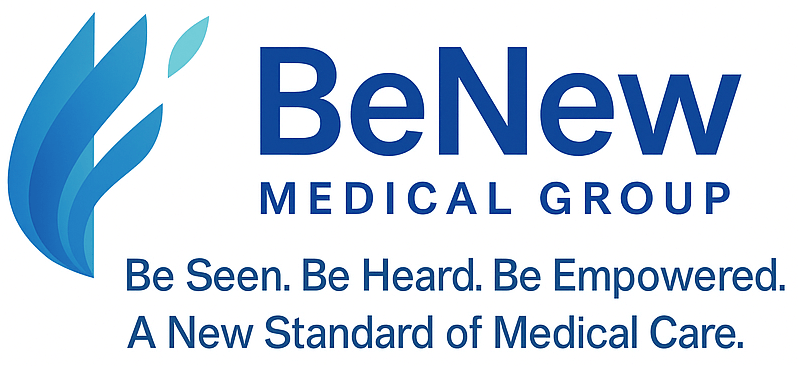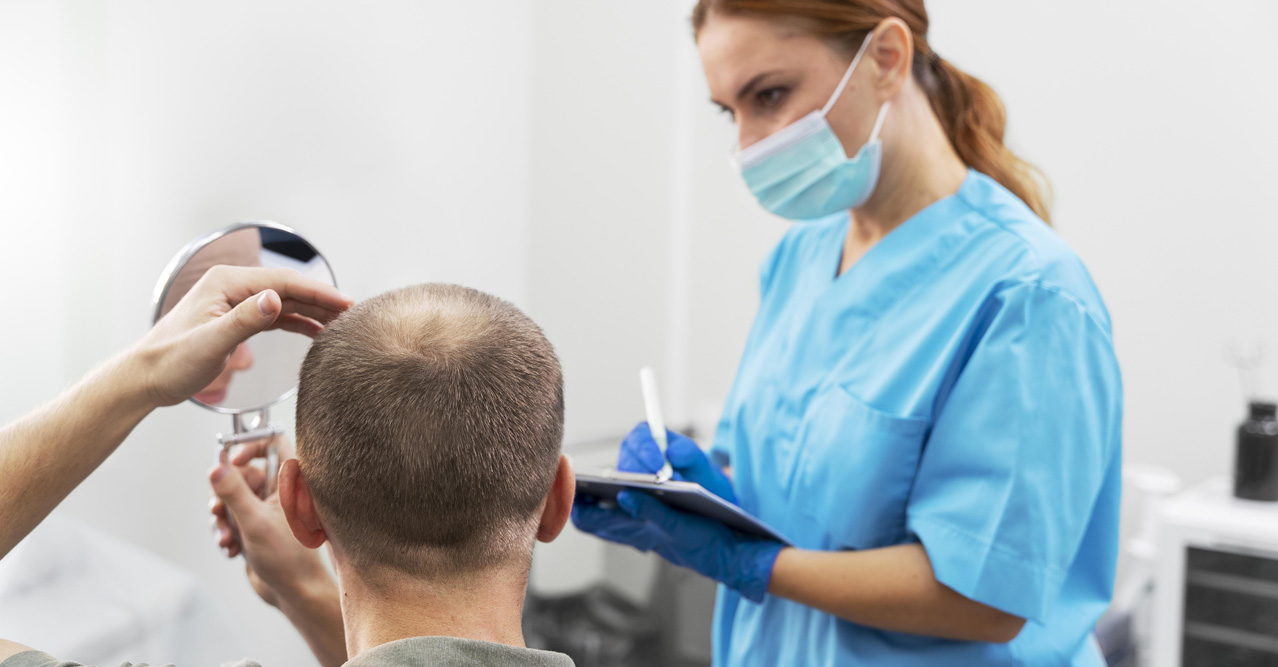Introduction
Hair loss, a common concern affecting both men and women, can be caused by various factors including genetics, hormonal changes, medical conditions, and nutritional deficiencies. Understanding the link between vitamin deficiency and hair loss can help you take proactive steps to maintain healthy hair growth. This article explores the essential vitamins linked to hair health and identifies which deficiencies might lead to hair loss.
The Role of Vitamins in Hair Health
Healthy hair growth depends on several nutrients, including vitamins that play crucial roles at the cellular level. Vitamins help in maintaining hair follicle health, supporting the hair growth cycle, and providing the necessary antioxidants that protect hair cells from damage.
Key Vitamins Linked to Hair Loss
Vitamin D
Role in Hair Growth:
Vitamin D is crucial for stimulating hair follicles and maintaining the hair growth cycle. A deficiency in vitamin D can lead to telogen effluvium and alopecia areata, conditions characterized by significant hair loss.
Identifying Deficiency:
Symptoms of vitamin D deficiency include general fatigue, bone pain, and muscle weakness. Hair loss due to vitamin D deficiency is often subtle at first but may worsen if the deficiency is not addressed.
Sources of Vitamin D:
You can increase your vitamin D levels by spending more time in sunlight, eating fortified foods like cereals and milk, and including fatty fish such as salmon and mackerel in your diet.

Vitamin B12
Role in Hair Growth:
Vitamin B12 supports the creation of red blood cells, which carry oxygen to the scalp and hair follicles. Insufficient B12 levels can lead to hair thinning and loss.
Identifying Deficiency:
Symptoms of B12 deficiency include pale skin, fatigue, and tingling in the hands and feet. Hair loss is another potential indicator that your B12 levels might be too low.
Sources of Vitamin B12:
Rich sources of B12 include animal products such as meat, dairy, eggs, and fortified plant-based milks.
Iron (Although not a vitamin, its importance warrants inclusion)
Role in Hair Growth:
Iron is vital for hair growth as it helps red blood cells carry oxygen to your cells. An iron deficiency, which leads to anemia, can be a major cause of hair loss.
Identifying Deficiency:
Common signs of iron deficiency include fatigue, cold hands and feet, and pale skin. Hair loss associated with iron deficiency often appears more dramatic, with noticeable shedding and thinning.
Sources of Iron
Iron can be found in both animal (heme) and plant (non-heme) sources. Red meat, chicken, turkey, lentils, spinach, and beans are good options to boost your iron intake.
Addressing Hair Loss Through Diet and Supplements

Nutritional Strategies
Improving your nutritional intake is crucial in combating hair loss. Incorporating a balanced diet rich in vitamins and minerals supports not only hair growth but overall health.
Supplements
If dietary changes are insufficient or if you have significant deficiencies, supplements might be necessary. Always consult with a healthcare provider before starting any new supplement regimen.
When to See a Doctor
If you’re experiencing significant hair loss and suspect it might be due to nutritional deficiencies, it’s important to consult with a healthcare provider. They can perform blood tests to confirm deficiencies and recommend appropriate treatments or dietary changes.
Conclusion
Understanding which vitamin deficiencies impact hair health can significantly influence how you approach treating and preventing hair loss. By ensuring you receive adequate amounts of key vitamins and nutrients, you can better manage your hair health and reduce the risk of hair loss. Remember, while nutritional changes can help, they should be part of a comprehensive approach to hair loss, considering all possible factors including genetic and environmental ones.




